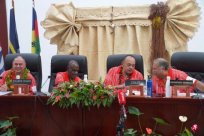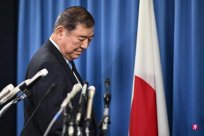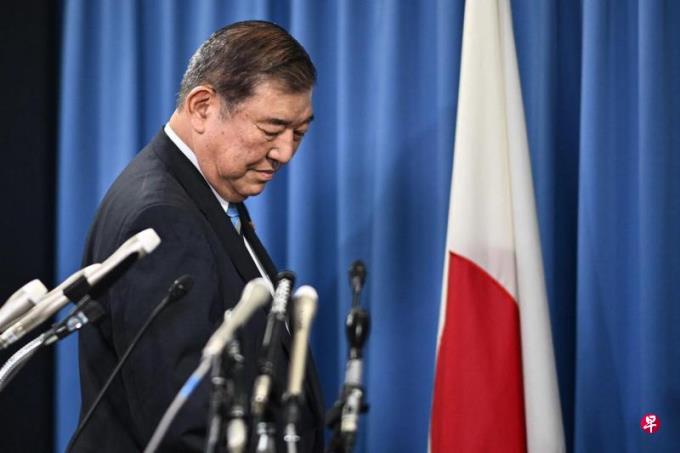
When the prime minister of Japan was elected in the President of the Liberal Democratic Party, he proposed the creation of the "Asian version of NATO" concept to affect the sensitive nerves of Japan -China relations.Geopologist in Taiwan discussed this on Monday (September 30) for this. It is generally believed that Ishi Mao is a "Zhizhong School". Based on Japan's own interests, he is more willing to communicate with Beijing and also strengthen defense. However, it is limited by geopolitical conditions., I am afraid that "it is difficult to know if it is easy to do."
Shi Po Mao was elected as the President of the New Liberal Party last week. On Tuesday (October 1), he will be named Congress as the new Prime Minister of Japan.The Taiwan National Policy Research Institute held a symposium on Monday to invite experts and scholars to discuss Shi Pao's election and possible policy trends.
Shi Pan Mao has questioned the "Taiwan, Japan has something to do with Japan" of the late Japanese Prime Minister Shinzo Abe, and emphasized the importance of Japanese -China relations. It was once regarded as a "pro -Chinese school".However, during the election of the President of the Democratic Party, he proposed to create the "Asian version of NATO", which is tantamount to provoking the sensitive nerves between China and Russia and North Korea.
Shi Po Mao last Friday (September 27) also published an article on the Hudson Institute website in the United States Conservative Think Tank, with the metaphor of "Ukraine Today, Tomorrow Asia", emphasizing that Asia does not have NATO like NATOThe collective self -defense system has no obligation to defense, and is in a state of vulnerable war. It is necessary to create the Asian version of NATO to curb the "nuclear alliances" of China, Russia and North Korea.
In this regard, any Chin Shen of the Japan and East Asian Research Center of Fenren University in Taiwan proposed in the symposium that Shi Po Mao used to be the Minister of Defense of Japan in the past.Therefore, it is not a "pro -Chinese school", but "knowing the middle school".
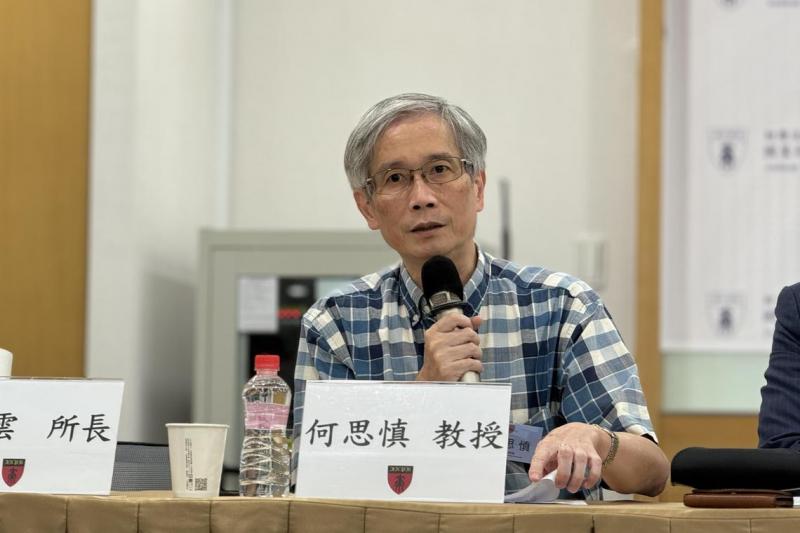
He Sichen further judged in an interview with Lianhe Morning Post after the meeting. Shi Pan Mao is a leader who is relatively willing to talk to mainland China in political circles in Japan. He should avoid visiting the sensitive nerves such as the Yasukuni Shrine.
But he believes that due to the influence of the Chinese and Japanese people, the emotions in Japanese folk revenge are rising; Beijing should avoid the connection between patriotic discussions and the emotional emotional emotional, so as to help Sino -Japanese relations stabilize.
Dong Liwen, executive chief executive of the Taiwan Asia -Pacific Peace Research Foundation, also mentioned in the meeting that the timing of Shi Po Mao's take of office is in the deterioration of Japan -China relations, including historical issues, territorial disputes, and military tensions.The efforts of the relationship are restricted.
He believes that Shikomo faces Japan -China military tensions and the negative perception of Japanese people in China, which will affect the adjustment of foreign policy adjustment.
As for the issue of the NATO, Su Ziyun, director of the National Institute of Defense and Resources of the Taiwan Institute of Defense Security, believes that considering the position of the Asian country, the Asian NATO concept can be described as "difficult to know."
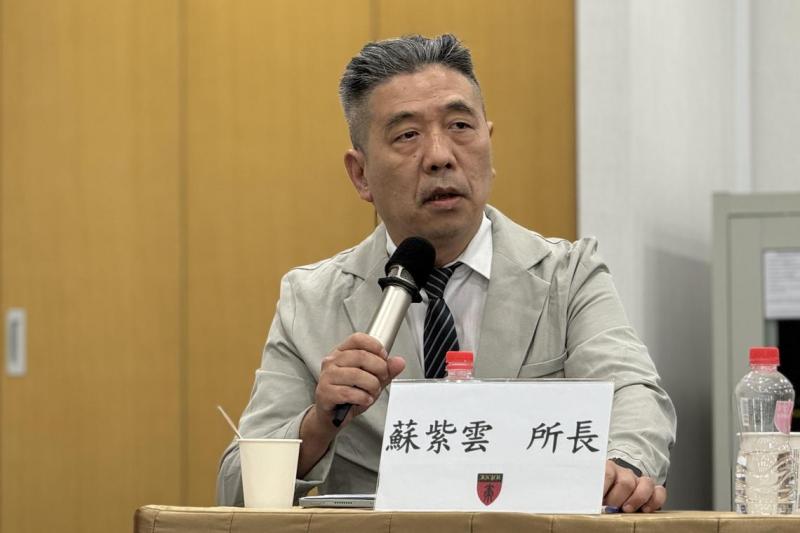
But he believes that the deepening of military cooperation between the three countries of the United States and Japan is an foreseeable trend, and Japan will continue to increase defense budgets.The existing "five -eye alliance" will also continue to become an important foundation for Shi Po Mao and the United States to maintain a defense mechanism.
Xie Wensheng, CEO of the Taiwan Oasis Culture and Education Foundation, believes that although Shi Po Mao hopes to achieve the relationship between the Japanese and American alliances, if the US Democratic Party continues to be in power, it will be negatively responded;Japan assumes more self -defense responsibilities.

